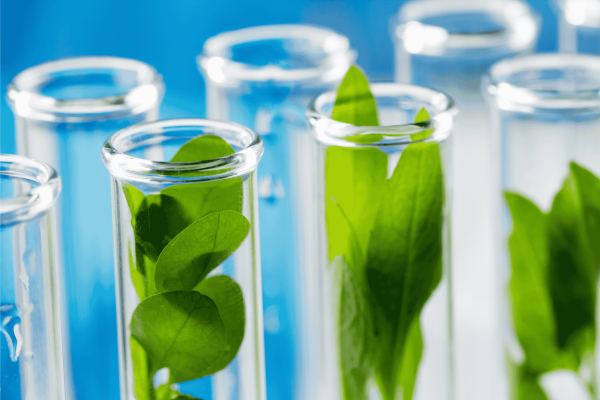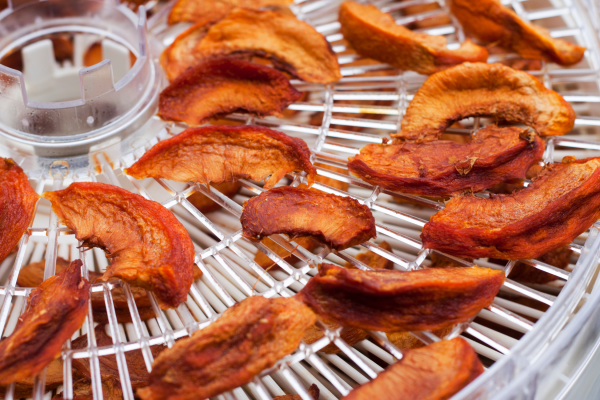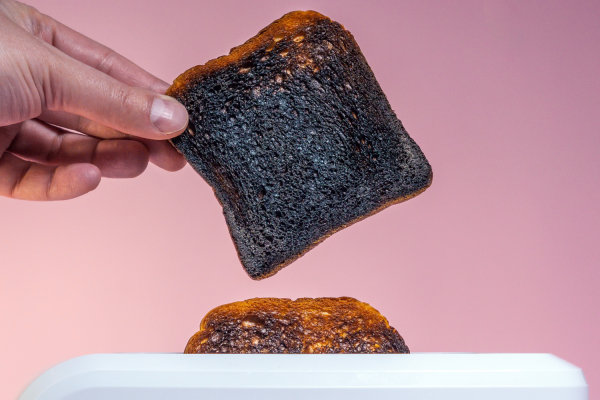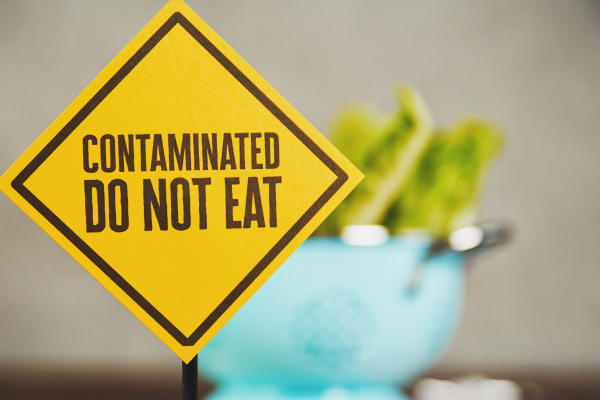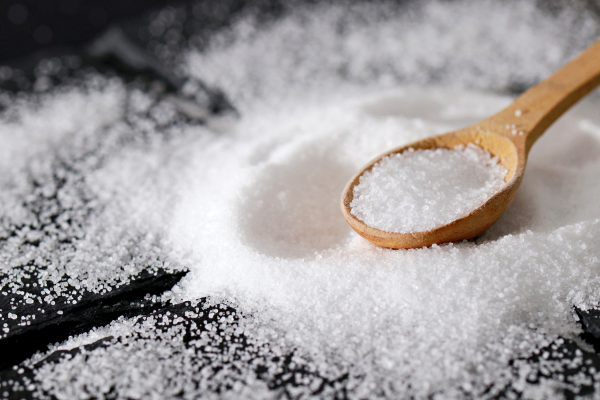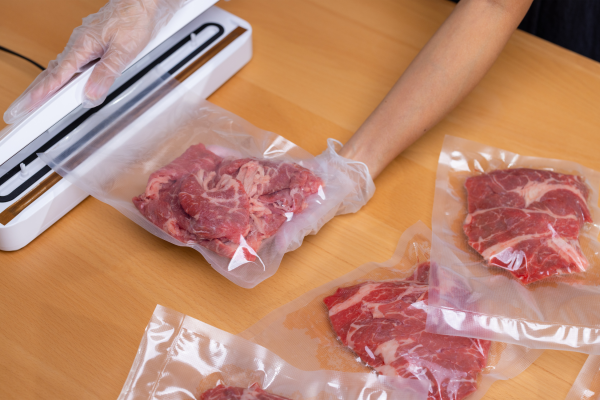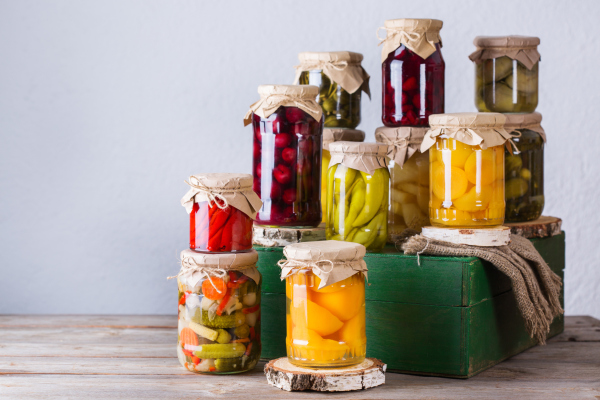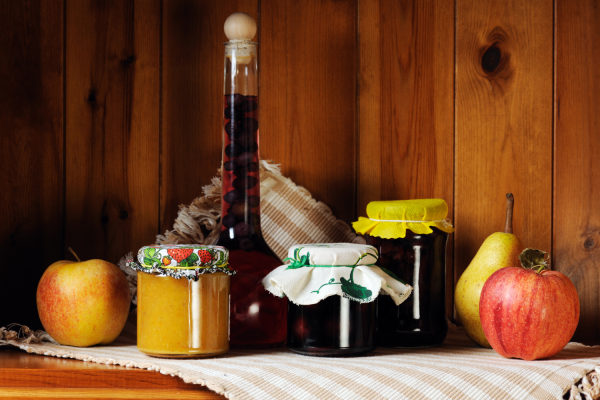
In today's fast-paced world, food spoilage has become a silent crisis, contributing significantly to global food waste. It is caused by several factors, including inadequate storage, exposure to air and moisture, and the development of micro-organisms. These factors can lead to the loss of essential nutrients, compromising the quality and safety of our food. For example, fruits and vegetables can lose up to 50% of their vitamin C content within a week of storage at room temperature. This loss of nutrients can have significant consequences for our health, as vitamin C is essential for immune function and general well-being.
To solve this problem, it is important to implement effective preservation methods that minimize nutrient loss. Techniques such as mild technologies for food processing, modified-atmosphere packaging and the use of natural preservatives can help extend the shelf-life of foods while preserving their nutritional value. In addition, educating consumers about good food handling and storage practices can make a significant difference in reducing food waste.
Methods to Preserve Nutrients
1. Steaming vs. Boiling:
• Steaming is generally better than boiling for preserving nutrients. Boiling can lead to a significant loss of water-soluble vitamins as they leach into the cooking water. For example, boiling carrots can result in a loss of vitamins and minerals, whereas steaming helps retain these nutrients.
2. Microwaving:
• Microwaving is an efficient method for preserving nutrients. It uses less water and cooks’ food quickly, reducing the time nutrients are exposed to heat. This method is particularly effective for vegetables like broccoli, which can lose up to 50% of their antioxidant activity when boiled but retain most of it when microwaved.
3. Cooking Time and Temperature:
• Cooking food for the shortest time possible at lower temperatures helps preserve nutrients. Overcooking can destroy heat-sensitive vitamins and minerals. For instance, cooking potatoes with their skin on and for a shorter duration can help retain more nutrients.
4. Using Cooking Water:
• If you choose to boil vegetables, consider using the cooking water in your recipes. This water contains many of the nutrients that have leached out during boiling. An example is the re-use of the water from boiled potatoes or vegetables in soup, sauces or gravy.
5. Storing Food:
• Proper storage is crucial for preserving nutrients. Fruits and vegetables should be stored in a cool, dry place away from direct sunlight. Peeled and cut fruits and vegetables should be stored in airtight containers to minimize exposure to air, which can degrade nutrients.
6. Avoiding Overprocessing:
• Minimally processed foods tend to retain more nutrients. Overprocessing can lead to a loss of vitamins and minerals. For example, fresh carrots have higher nutrient content compared to canned or heavily processed carrots.
Practical Tips for Food Manufacturers
As a food manufacturer, you can implement several strategies to preserve nutrients in your products:
• Ingredient Selection: Choose high-quality, fresh ingredients that are naturally rich in nutrients.
• Processing Techniques: Use gentle processing techniques that minimize exposure to heat, water, and air.
• Packaging: Opt for packaging that protects food from light, air, and moisture, which can degrade nutrients.
• Education: Educate consumers on proper storage and cooking methods to help them preserve nutrients at home.
At Galactic, we are committed to providing innovative solutions for food preservation. Our natural, fermentation-based ingredients are designed to enhance the safety, quality, and nutritional value of food. By incorporating our products into your manufacturing processes, you can help reduce food spoilage and contribute to a more sustainable food system.
Preserving nutrients in food is essential for maintaining a healthy diet and reducing waste. By understanding the factors that contribute to nutrient loss and implementing practical strategies, you can ensure that your meals are both nutritious and delicious. At Galactic, we are dedicated to supporting your efforts in creating healthier, more sustainable food products that will preserve the nutrients of your products.

Still have questions?
Can’t find the answer you’re looking for?
Contact us for expert advice and support!
